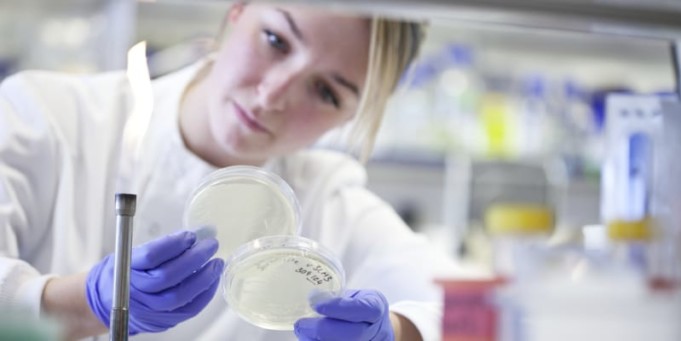Among the more severe and long lasting afflictions that people have developed over the last century, none is as long-standing as our battle with cancer. It’s a mystifying disease that changes and mutates almost as quickly as we are able to diagnose and counteract it.
The best tool we’ve been able to employ so far, and which has by and large lifted the veil over the disease, giving us collective insight through the years, has been the advancement and funding of cancer research.
Research into cancer arms not only medical professionals with best practices for clinical trials, affording them a deeper understanding and the accompanying opportunity to someday eliminate the issue at its base.
It also demonstrably elongates the lives of patients, accounting for lives saved and quality of life improved with treatment and care. Due to the commonality of cancer occurrences, reducing the incidence of diagnoses relies heavily upon routine checks and, more importantly, catching cancerous cells at an early stage.
It’s an issue that is incredibly well-managed and yet, understandably, requires a vast pool of resources not simply for furthering care facilities aimed at mitigating the disease and providing ongoing care but also cancer support foundation that focus on clinical testing and lab research.
To help cancer research is to be able to lift a veil over a battle that has been ongoing and continues to this day. And yet, owing to the number of philanthropic donations and personal involvement by individuals through fundraising initiatives aimed at development and awareness, it’s a battle that we can someday envision winning.
Cancer support foundations and research facilities accept donations through private individuals in a number of ways and, though the contribution of personal time is invaluable, in-kind donations provide relief for facilities that are otherwise stretched thin.
Facilities view donations as an investment into social and medical innovation and provide access to those who might most benefit without exacting a social cost. Helping cancer research through automatic contributions, online donation forms, and fundraising efforts within the community delivers long term benefits to the cause of cancer awareness and education overall.
Reducing the incidence of cancer is the best option that patients and caregivers have but such a reduction relies heavily upon insight gained from clinical research. Furthermore, secondary factors provide are only conclusive insofar as research upon them is ongoing.
In essence, donating to cancer research helps what we know about cancer remain relevant, so that our practices to mitigate are effective.












